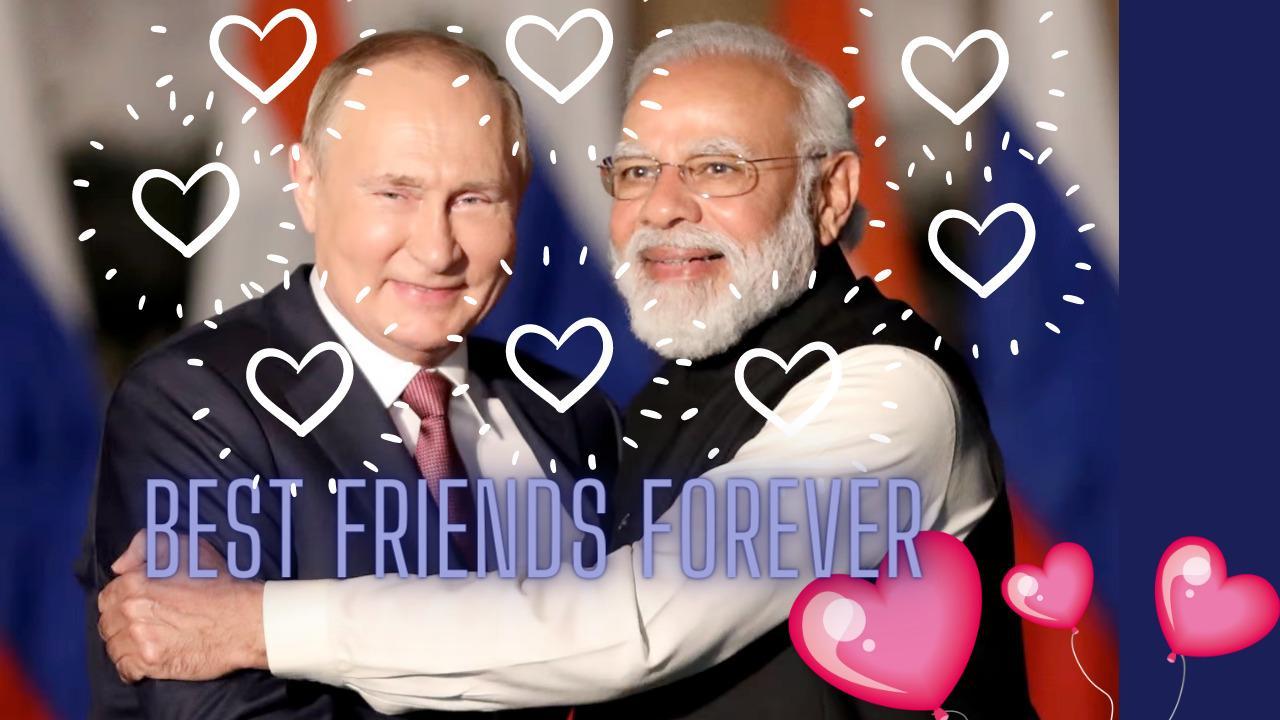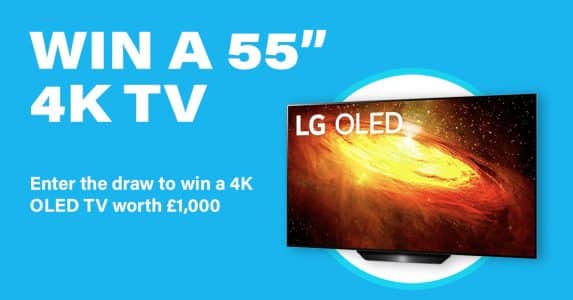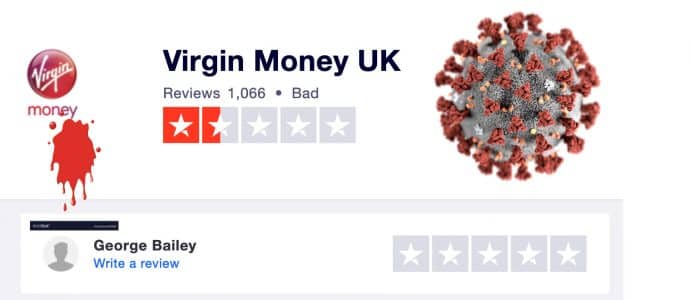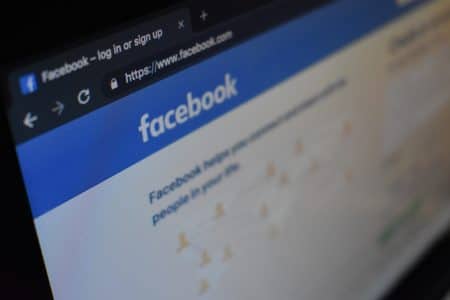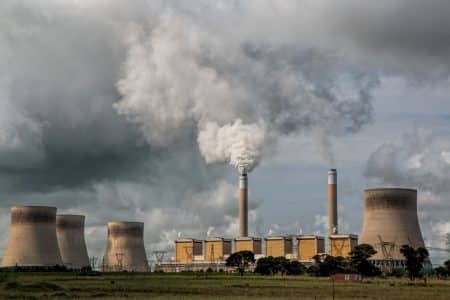The Space Race 2.0 - Dispatch Weekly
October 9, 2018 - Reading time: 4 minutes
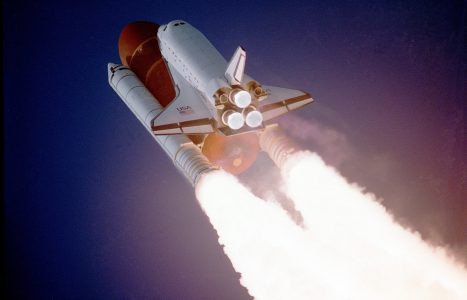
On July 20th, 1969, Neil Armstrong made the first human step onto the moon. Fast-forward just under 50 years, and we have another space race on our hands. There are three main competitors; Branson’s Virgin Galactic, Elon Musk’s SpaceX and Amazon, it’s fair to say that they all have significant financial backing. However, they all have the same end goal which is to be the first company to send fee-paying passengers into space.
All three companies have been chasing this goal for some time now, but with failed launches and crashes, projects have been pushed back. Virgin ‘promised sub-orbital spaceflight trips for tourists by the start of 2009’ but delays and a fatal crash in 2014 prevented this ambition.
With Virgin Galactic getting closer, both SpaceX and Amazon have stepped up their efforts. Musk’s Space X successfully launched a satellite into Space from California on October 8th, 2018. Even more impressively, SpaceX’s ‘first reusable stage landed successfully – marking the first West Coast landing for a booster’. Despite recent bad press for Musk over fraud charges and smoking marijuana on a live broadcast, Musk will count this as a significant win in the race to put a fee-paying person in space.
The satellite’s launch also caused social media to blow up, with some spectacular images emerging all over Instagram, Facebook, Snapchat and other social media platforms. The launch lit up the sky over Los Angeles, with Mayor Eric Garcetti having to confirm that it wasn’t aliens!

Amazon’s ‘Blue Origin’ space company has also been busy, with the recent acquisition of the French Satellite Provider – Eutelsat. ‘Blue Origin intends to fly this first commercial mission for Eutelsat sometime around 2021-22’. Blue Origin have developed the ‘New Glenn’ rocket in order to deliver Eutelsat’s satellite, however, what’s so impressive about the rocket is its dual design. The ‘two-stage’ version will be used to deliver the Eutelsat satellite and complete similar types of missions, whereas the ‘three-stage’ version will be able to take cargo to the moon.
With Branson, Musk and Bezos edging ever closer to achieving the dream, it’s Branson that remains the only one training to be an astronaut. Sir Richard hopes to become one of the first ‘space tourists’, and is undergoing a gruelling fitness regime in order to fulfil all the requirements. Playing tennis four times a day – it might just be true that we’ll see Branson in space within ‘weeks not months’.
Back in February 2018, SpaceX launched the Falcon Heavy which was and still is the most powerful rocket the company has ever built. With a cost of $90 million a launch, SpaceX severely undercut their competitors (Amazon and Virgin) because of their reusable rockets. Musk later declared in the press conference that the Falcon Heavy could ‘do anything you want, you could send people back to the moon if you did a bunch of launches with Falcon Heavy’.
Musk was asked, ‘I’m just curious if you see yourself in a race with Blue Origin (Amazon)?’. He responded with, ‘What was the first part of the question’. In classic Musk style, he sat there smug knowing one of his Tesla Roadster’s was gliding around orbit. With all the early success that SpaceX has had it’s easy to get carried away, but with the financial powerhouses Virgin and Amazon lurking in the wings, it’s clear that the space race is most certainly not over.

DW Staff
David Lintott is the Editor-in-Chief, leading our team of talented freelance journalists. He specializes in covering culture, sport, and society. Originally from the decaying seaside town of Eastbourne, he attributes his insightful world-weariness to his roots in this unique setting.
